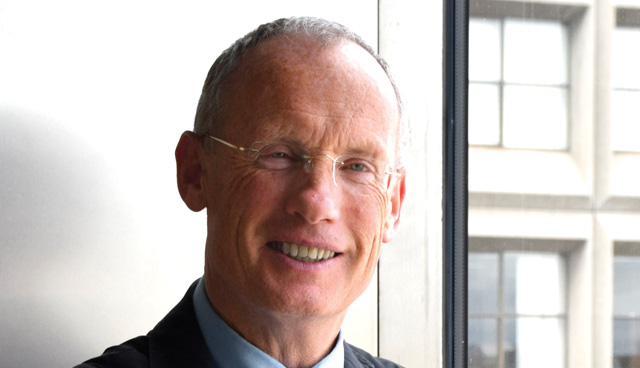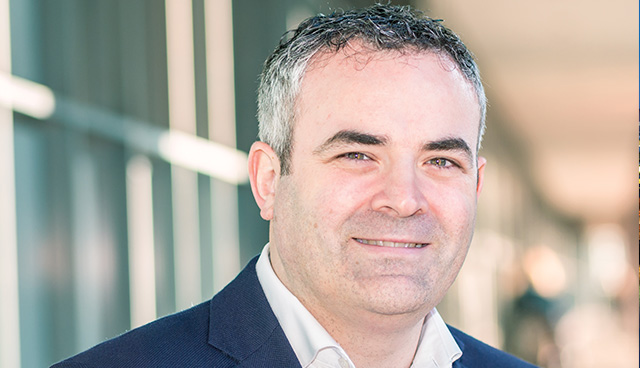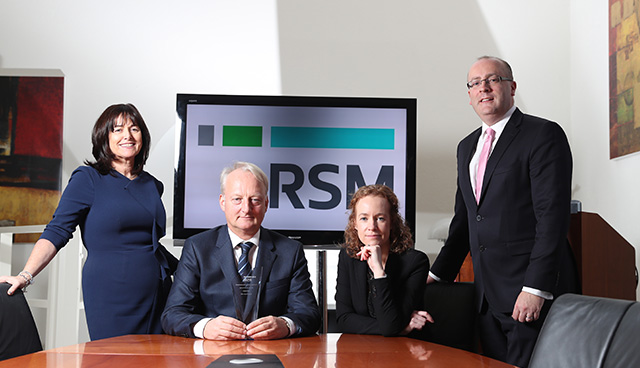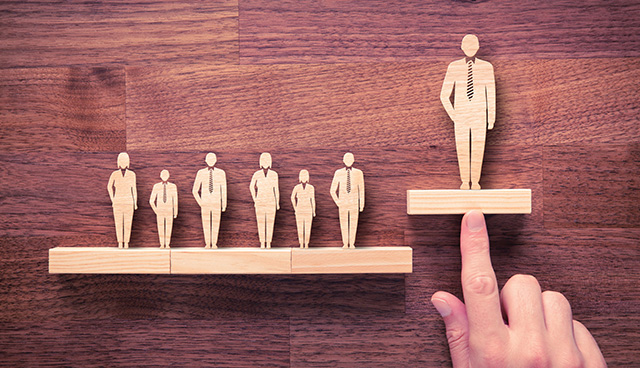Futureproofing changing workplaces

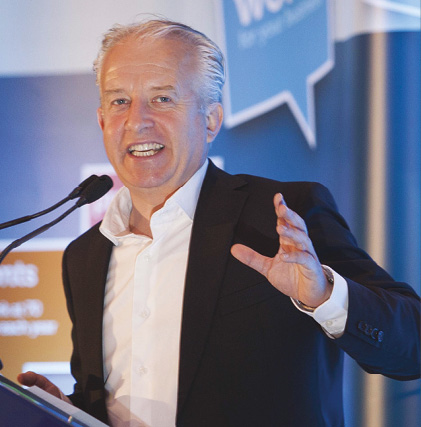
Workplace expectations are changing. To meet these new challenges and unlock potential benefits, workplaces need to change too. John Ryan, CEO of Great Place to Work Ireland, outlines.
As a society, the list of forces causing radical change can seem endless and insurmountable. Climate change, biogenetics, increased lifespans, technological disruption, the always-on culture, increased health costs, fake news and misinformation, social marginalisation, and a decline of trust in established institutions. Any one of these influences would demand a focused, committed effort to minimise their impact. To overcome them, and build a society that empowers every citizen to truly flourish, is going to require a complete rethink in how we all operate.
Over recent years, expectations of the workplace have been gradually changing. A variety of incentives – from wanting to attract and retain talent, to attempting to find novel ways to reward colleagues, to trying to empower employees to do their best work – have led to organisations that today play a much larger role in the day-to-day life of a good chunk of our fellow citizens. While this generally works to the benefit of companies, we have to accept that it is a double-edged sword.
There are two primary pitfalls. The first is that in some cases, people can become paralysed, afraid to leave organisations that they may have outgrown for fear of losing benefits they’ve become accustomed to. This phenomenon is also partially driven by a sense of job precarity which still lingers, a decade on from the financial crisis. Secondly, jobseekers can fall into a trap of choosing the wrong organisation for the wrong reasons. A sexy brand does not necessarily mean sexy work. People are getting distracted by the bells and whistles when choosing an employer. Too many candidates think all they need is a job at a company with a good brand, and then they’ll be happy. This is as misguided as finding someone to marry based on a good surname; you might get lucky in the end, but the likelihood is that the relationship is doomed from the start! Candidates need to understand themselves first; what motivates them, what type of role will they flourish in, where do they find their sense of purpose and satisfaction.
Society and organisations are facing challenges, and unfortunately, it’s no easier at the individual level. Technological pace has left us stranded in an ‘always-on’ culture that we haven’t quite figured out how to manage yet. The ‘quantified self’ movement and the ability to measure every corporate and personal metric has left us unable to see the wood for the trees. We’re pursuing the wrong targets because we haven’t yet learned how to filter through the static. We chase happiness without accepting that happiness isn’t sustainable. It requires sadness some of the time. But we try to numb ourselves to sadness through our devices, instead leaving ourselves in a state of ennui, neither up nor down, listlessly bobbing along in the middle. The real key is to achieve a deep sense of personal satisfaction in who we are, and what we are achieving. We can’t ignore the fact that our work plays a key role in this ambition
But despite the bleak words, all is not lost! Thankfully, the forces that challenge us can also be used to our benefit, and can create a more sustainable society that works to everyone’s benefit. If anything, now more than ever we have the potential to flourish if we get things right. And workplaces have the potential to play a critical role in getting it right.
Organisations of every type face responsibility in playing their part to address these concerns. Some international companies have grown to such an extent that they’ve overtaken many countries in terms of both GDP and population. Even smaller companies are often part of industry lobby groups that can influence government policy. There are no organisations that are reasonably able to wash their hands of responsibility over the problems we have to address.
Workplaces need to change, to ensure they are providing a space that facilitates the health of their employees. This goes beyond what would be a typical benefits package. It’s a complete rethink of how we fundamentally operate. When I refer to health here, we are not merely talking about the absence of illness. The modern healthy employee is one that is empowered in their physical, mental, social, and emotional capacities, and feels supported to become their best self.
Gone is the era when you would go to an educational institute to learn a static body of knowledge that you would draw on for your entire career. Organisations now need to provide an environment of lifelong learning for their employee populations. Not simply upskilling them, or providing them with technical knowledge, but providing them with toolkits that teach them how to continually learn. Technological advancements mean that employees today may go through a number of career changes within the same organisation, and the organisation that can pivot quickly due to an adaptive employee base will be able to stay ahead of the curve.
“We chase happiness without accepting that happiness isn’t sustainable. It requires sadness some of the time. But we try to numb ourselves to sadness through our devices, instead leaving ourselves in a state of ennui.”
New management structures will delegate decision-making and responsibility to the lowest levels of an organisation, providing a structure for quick, empowered responses to every kind of challenge. If your company doesn’t trust your employees to make decisions on the front-line, what does it say about your hiring, learning, and delegation structures?
Organisational infrastructure should enable multiple ways of working. This is about more than a simple work-from-home mentality. The workplace is important, and presence and collaboration is key to developing high-trust teams that can interact and innovate. Remote working, handled poorly, can too often lead to a sense of isolation and exclusion. Alongside this, the workplace is increasingly bleeding into our home life. Putting a strict barrier between work life and home life is, frankly, a temporary solution. The genie is out of the bottle now and won’t be going back in. Instead, organisations need to take a good look at their methods of operation and provide a blended approach that works for employees, at their own level.
Organisations that get this right will not just be benefitting themselves and their employees, but also providing a social good. Rather than feeling overwhelmed by the challenges we face, truly healthy employees at these organisations (who, lest we forget, are our fellow citizens) will be skilled, adaptive, empowered, and activated to face the future head on and build a society that works for everyone. There’s a positive feedback loop to be unlocked here if we get this right.
I’m excited to have pulled together a great panel of international speakers that cover these topics for our conference this 21 September at Dublin’s Mansion House, I really hope you can join us. Come along and let me know your thoughts, I’d love to hear them. The changing workplace starts here.

